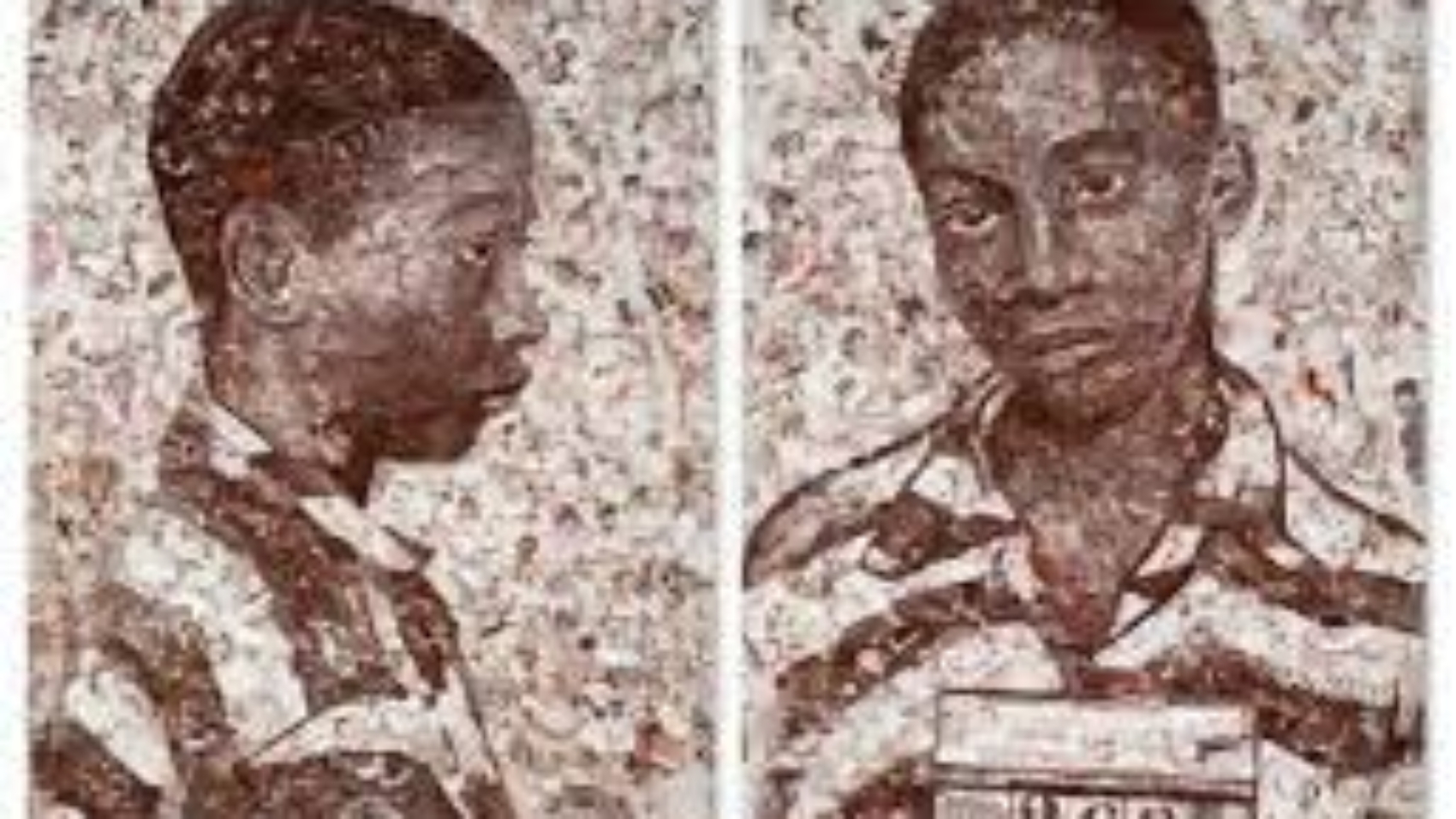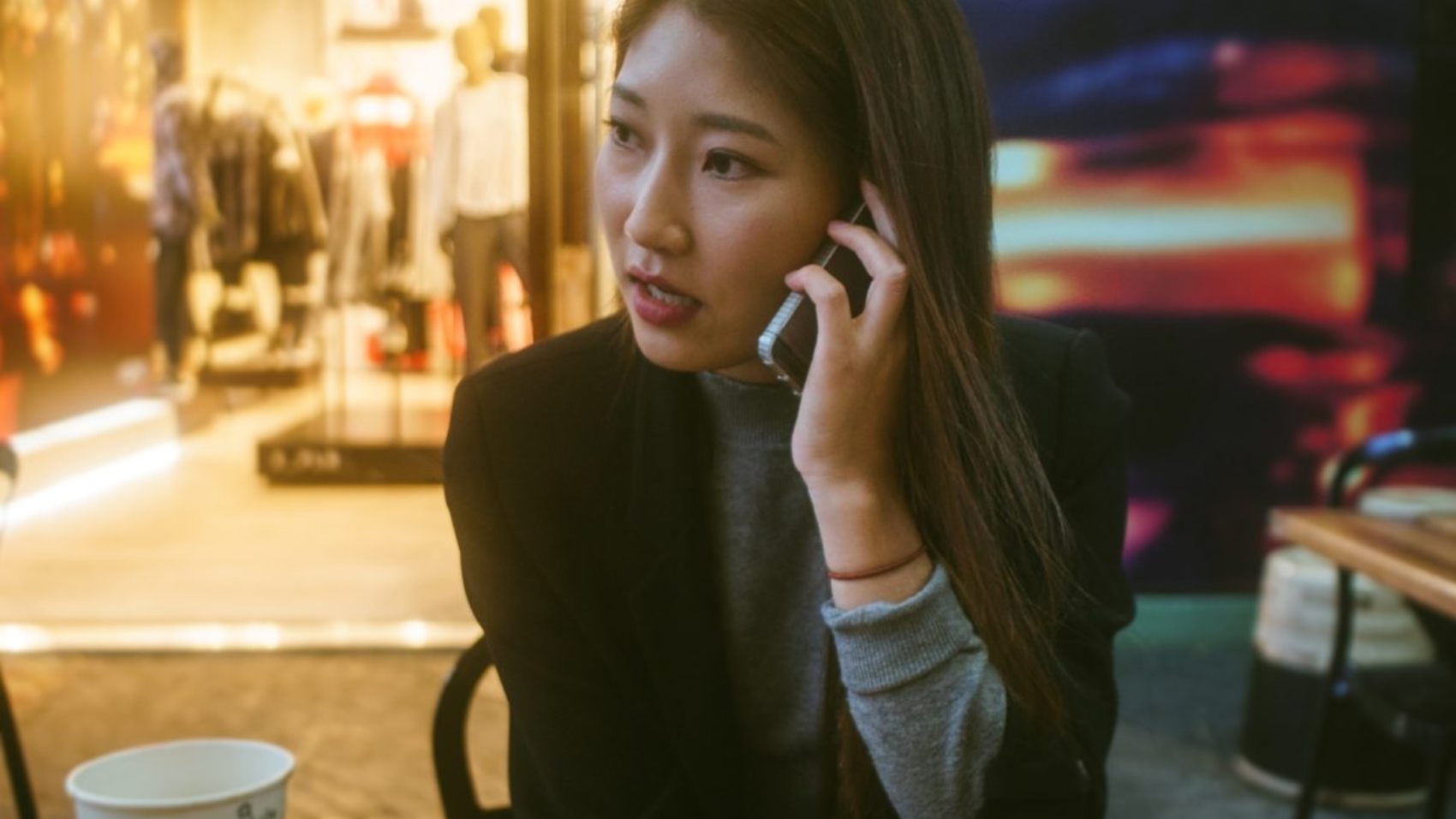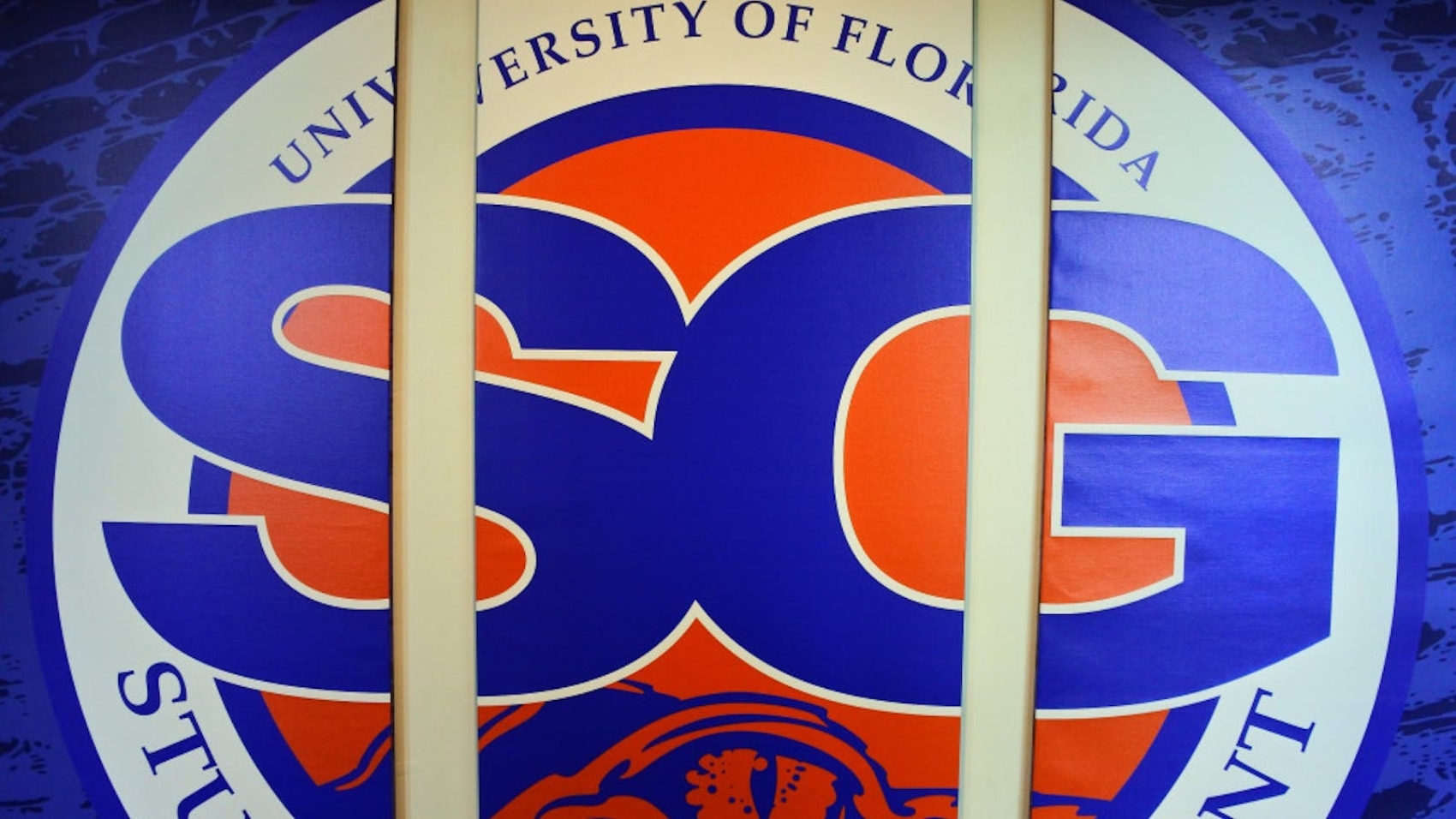This piece was originally published in ROOTS Magazine, a digital publication established under the University of Florida’s Black Student Union in 2020.
Black people suffer at the hands of an unjust justice system in the United States. They are subject to violent crimes like lynching, police brutality and fatal police shootings, to name a few. More historically known figures such as Emmet Till and Trayvon Martin became the face of horrifying injustice. Still, there are less popularized stories just as horrendous and important.
George Stinney
George Stinney resided in Alcolu, South Carolina. On March 24, 1944, Stinney, at 14 years old, police arrested Stinney for the murders of two white girls: Betty June Binnicker, age 11, and Mary Emma Thames, age 7. Both girls were found dead in a ditch in Alcolu. Police coerced a “confession “out of George Stinney, who they starved and questioned without his parents. A few months later, the jury found Stinney guilty within hours, and the judge sentenced Stinney to die within minutes. On June 16, Stinney became the youngest person to be executed by the electric chair. In 2014, a judge reopened Stinney’s case and overturned his conviction; the judicial system proved his innocence.
On March 24, George Stinney sat in a cold dark room as he stared down at the local enforcers of racial injustice. Officers interrogated the boy without his parents, and they likely coerced a false confession out of him.
Officer H.S Newman delivered this statement, “I arrested a boy by the name of George Stinney. He then made a confession and told me where to find a piece of iron about 15 inches long. He said he put it in a ditch about six feet from the bicycle.”
For 81 days, a 14-year-old boy, who barely hit puberty, faced the horrors of the judicial system without his parents. Stinney sat in a cold courtroom without a single drop of color observed under the microscope of his white peers. The lack of physical evidence, absence of his signed confession and presentation of multiple fabricated stories of the murder were not enough to set Stinney free. The officers implemented the law of the land, which implies a black person is guilty until proven innocent. In less than 10 minutes, an all-white jury delivered a guilty verdict, and the judge sentenced a 14-year-old boy to death.
Governor Johnson fired back at those pleading for him to take mercy on a little boy: “..he killed the larger girl and raped her dead boy. Twenty minutes later, he returned and attempted to rape her again, but her body was too cold.”
At 7:25 pm, officers dragged Stinney from a jail cell in South Carolina to his fate. He latched on to his Bible as he walked in, and he was so small they used his Bible as a booster seat.
“Do you have any last words?” the priest asked him.
George shook his head, and the officers strapped him. They forcibly put a face mask designed for an adult over his innocent face. The executioners jolted electricity through Stinney’s body, but they subjected the audience to the horrors of the boy’s terrified face as the mask slid off. Even then, it took two more jolts of electricity before Stinney finally died.
If it provides any desperately needed relief from this horrific execution, a judge found Stinney innocent and overturned his conviction, which was something his sister Katherine lived to see.
Sarah Collins Rudolph
On September 15, 1963, white supremacists bombed 16th Street Baptist Church, killing four girls: Addie Mae Collins (14), Cynthia Wesley (14), Carole Robertson (14) and Carol Denise McNair (11). Sarah Collins Rudolph stood a few feet from her sister Addie Mae Collins and their friends when the bomb went off. Rudolph lost the vision in her right eye, and it took several years for her to get over the bombing and the loss of her sister as she declined mentally and academically.
On September 15, Sarah Collins was awake long before the sun started to peek out of the clouds. Her mom was making breakfast as the morning set, coincidentally, with keen anticipation.
Sarah’s older sister, Junie, reminded her family as she left to catch the bus for their Annual Youth Day.
The girls left and walked at least a mile to the church in Birmingham, Alabama, a destination for residents and civil rights leaders. Sarah was just a 12-year-old girl painting her path to be Nurse Sarah Collins and giggling with her sisters until late morning.
At church, Sarah and her sister Addie sat in the lounge. Denise McNair, Cynthia Wesley, and Carole Robertson accompanied the sisters. The girls ecstatically shared news of their first days of Sunday school. Addie joined the other three near the large windows of the lounge, while Sarah sat behind them.
“Can you help me tie my dress?” Addie asked Denise.
Just when Denise was about to latch onto Addie’s dress, dynamite splintered through the church’s walls. A massive BOOM hit and the crash made a devastating impact.
As Sarah jumped from the lounge into concrete material and glass, 16 shards of glass entered her right eye. The four little girls, including her sister Addie, who stood at the church’s large windows, vanished.
Instead of traveling down the road to her next chapters of life, which included middle school, Sarah lay in a hospital bed for four months as she underwent surgery. Sarah sank from an A student to a struggling one as she unsuccessfully coped with the loss of her right eye, her sister, and her dream of becoming a nurse.
It just took seconds for a deadly wave to blast through a small black church but years for Sarah and other victims to recover.
Rest in Peace Addie Collins, Denise McNair, Carole Robertson, and Cynthia Wesley.
Tatyana Hargrove
On June 18, 2017, police halted 19-year-old Tatyana Hargrove as she approached her bike after shopping for a Father’s Day gift. Bakersfield police officers demanded to see her backpack, and things turned violent as they pinned her to the ground, which restrained her breathing. Then, they unleashed their dog. Later, the police officers discovered they had arrested the wrong person. Hargrove suffered injuries and later sued the Bakersfield Law enforcement but lost the case.
Tatyana Hargrove was working at McDonald’s when a Bakersfield police officer rolled through the drive-thru. It was almost like something clicked in her, igniting her anger as she flashed back to June 18, 2017.
“F the police, black lives matter!” Tatyana slid a hamburger bun across the floor in the kitchen.
Police officers arrested Hargrove once again, and this time for a misdemeanor battery charge. The defendants rode with a co-worker’s claim that the 21-year-old spit on the officer’s food. Cameras merely captured Tatyana putting the bun on the floor but not the spitting.
Not too long ago, Hargrove was on the floor. According to police officers, a 19-year-old girl, only 5 ft 2 and barely 115 pounds, resembled a bald male suspect, almost 6 feet, in his 20s or 30s. Tatyana had only stopped for some water when she noticed three police cars behind her. Before she knew it, an officer stepped out of the car with a gun aimed at her.
The officers demanded to see Hangrove’s backpack, and she stood there, astonished, as she asked if they had a warrant. The officers then motioned to the vicious K9 dog, and she shakily moved to comply. Before her fingers could latch on the backpack, the officers lunged at her, snatching her wrist and her neck. One officer punched her in the mouth “to attempt to get [Tatyana] off of him.”
With the foggy assumption that this short ‘male’ was indeed a severe threat and possibly carrying a machete, the officers unleashed the dog, and it tore maliciously at Tatyana’s leg.
When the officers pinned her to the ground with their knees, she cried out, “I can’t breathe! Somebody help me, somebody help me! They’re going to kill me!” “I can’t breathe” was the same statement Eric Garner uttered; in fact, they were his last words before a police officer choked Garner to death.
After throwing her in the police car, the officers demanded a name.
“Tatyana,” she said.
“Don’t lie to me. That’s a girl’s name.”
“I am a girl. I just don’t dress like one.”
With bruises scattered across her face and crutches by her side, Tatyana told her story to the world shortly after the incident. Bakersfield Chief Lyle Martin later apologized to Hargrove and her family, who accepted the apology.
America has failed black people with the injustice of its supposed justice system. These stories are a harsh reminder that the journey is far from over with significant reform, breaking the racist foundation of who America is at its core, is undoubtedly necessary.








